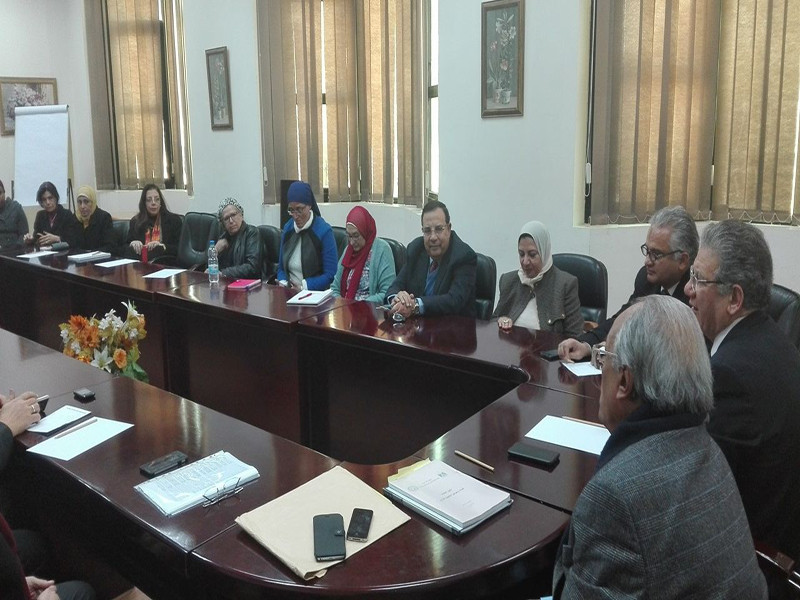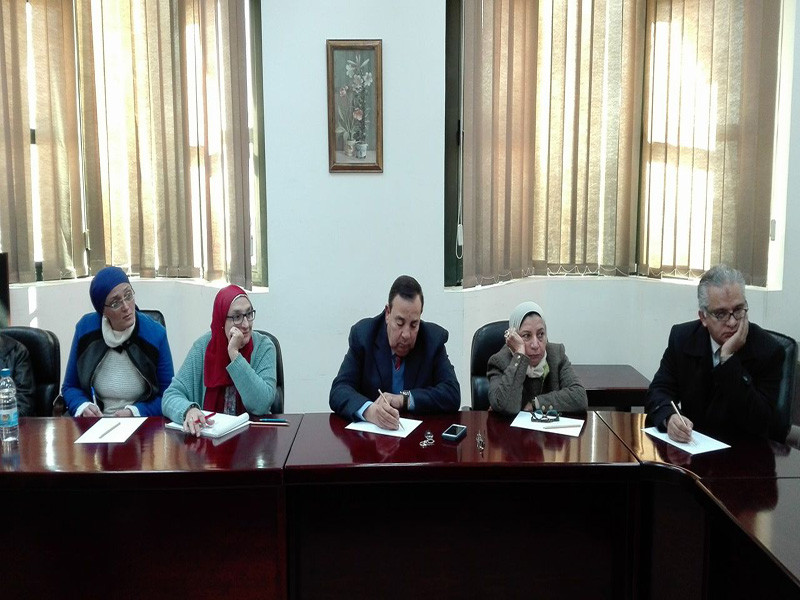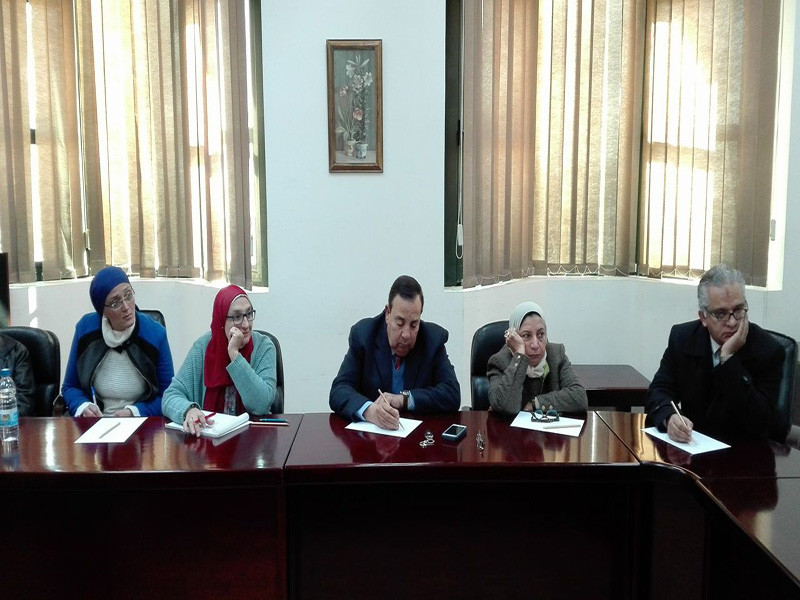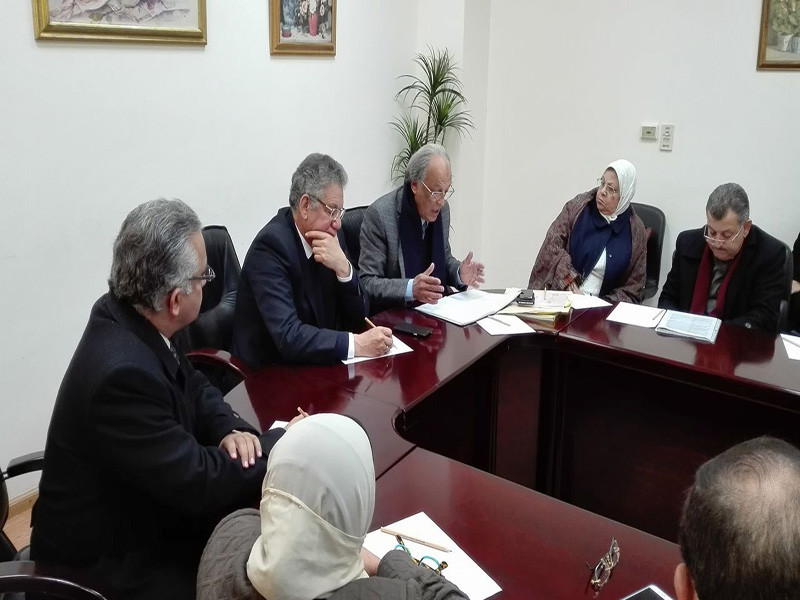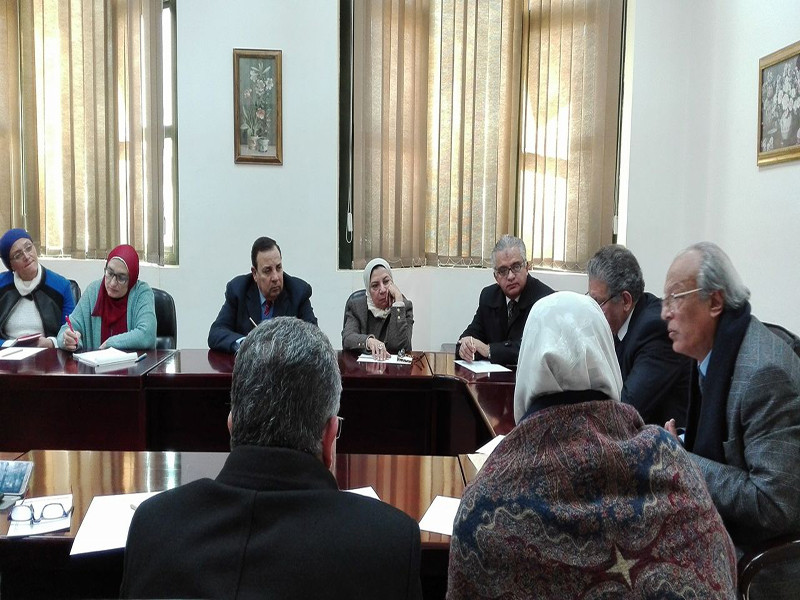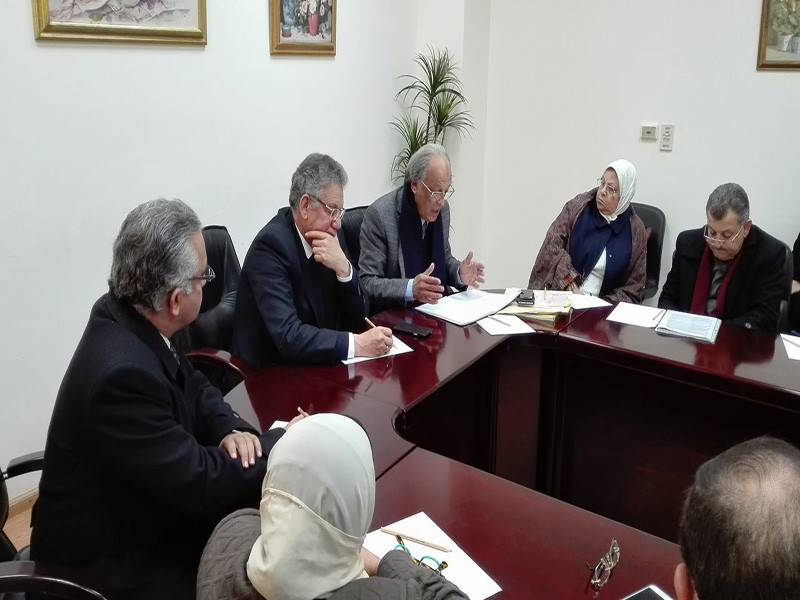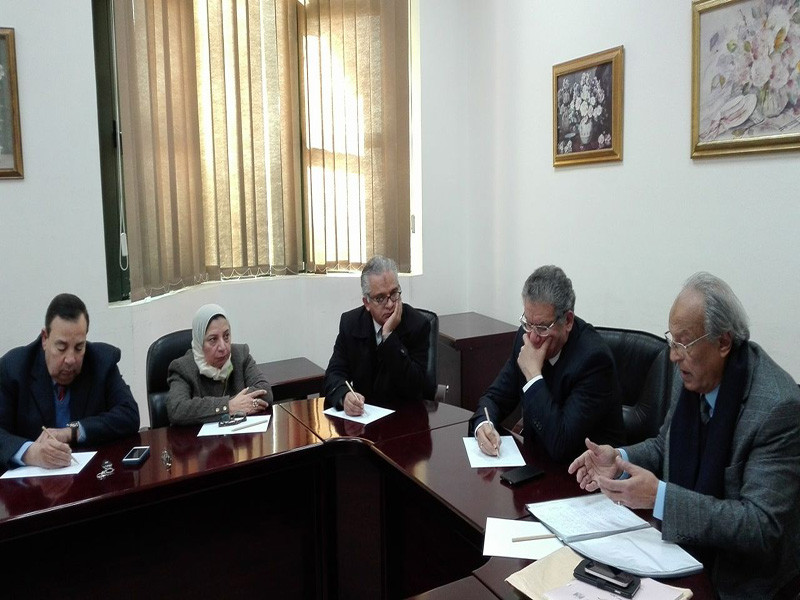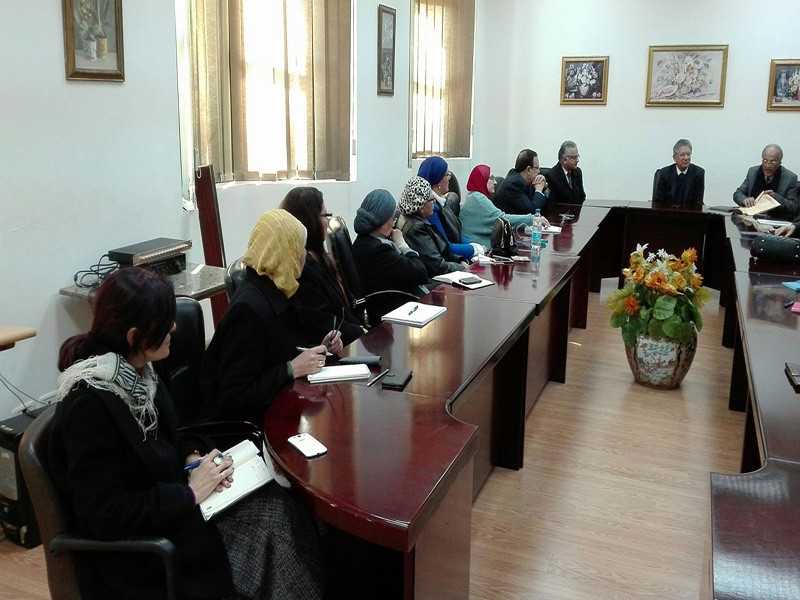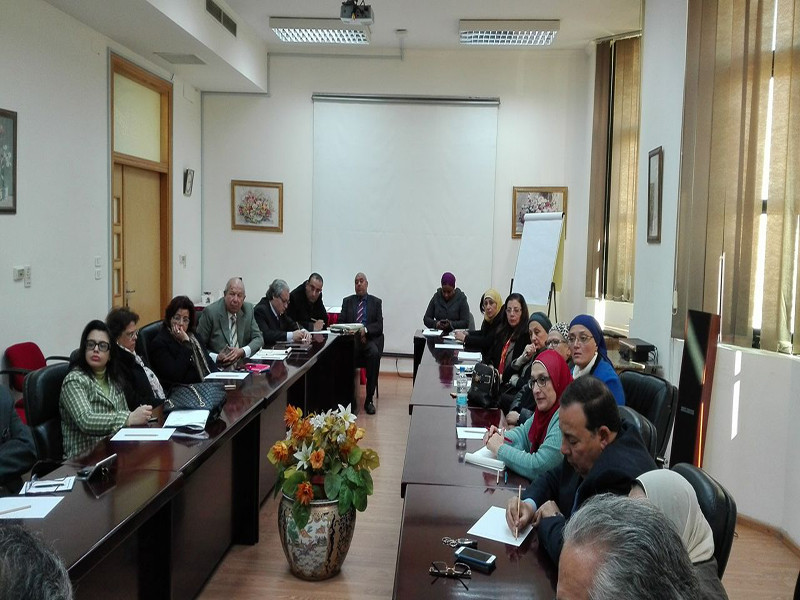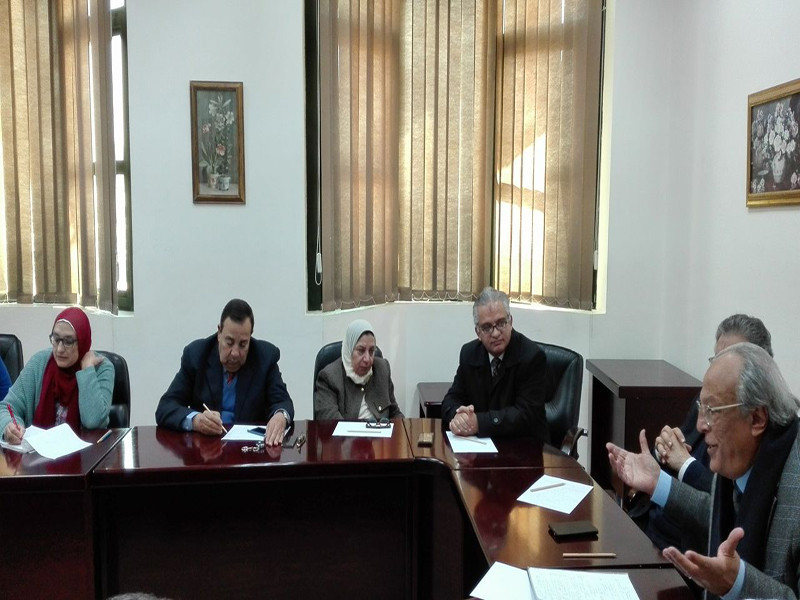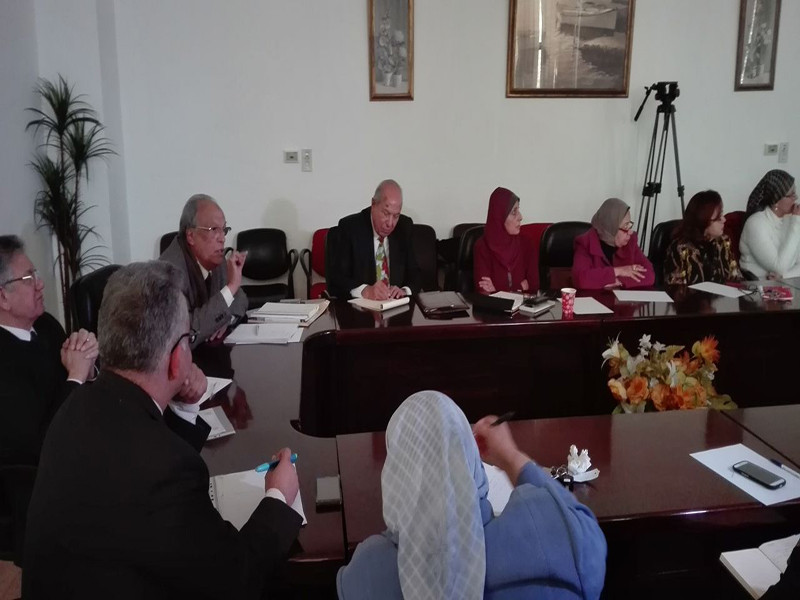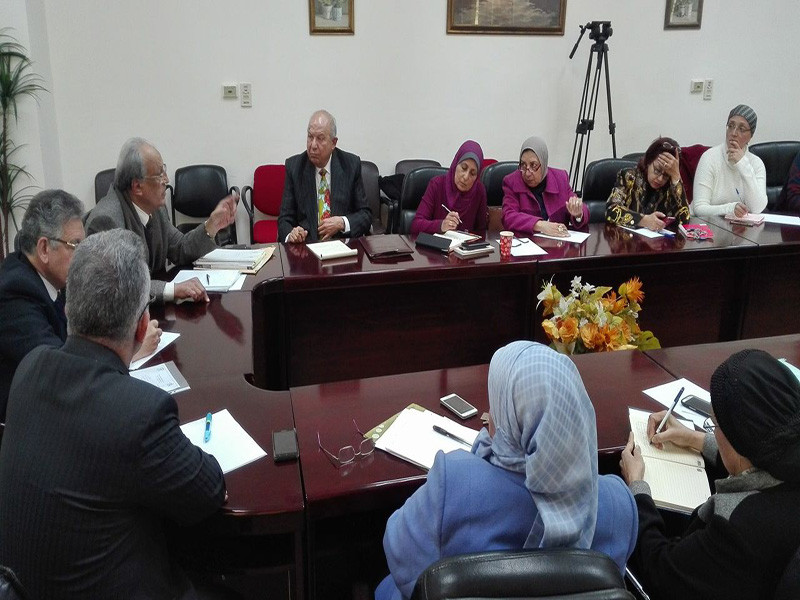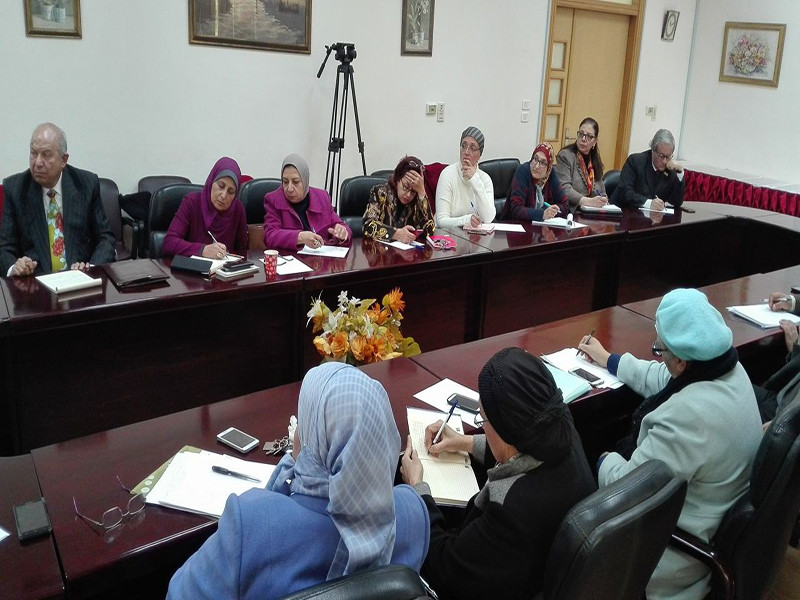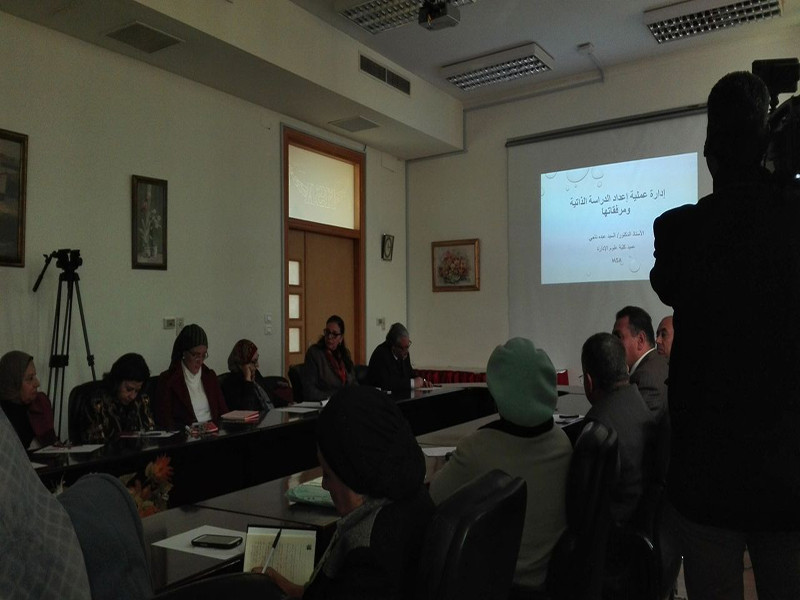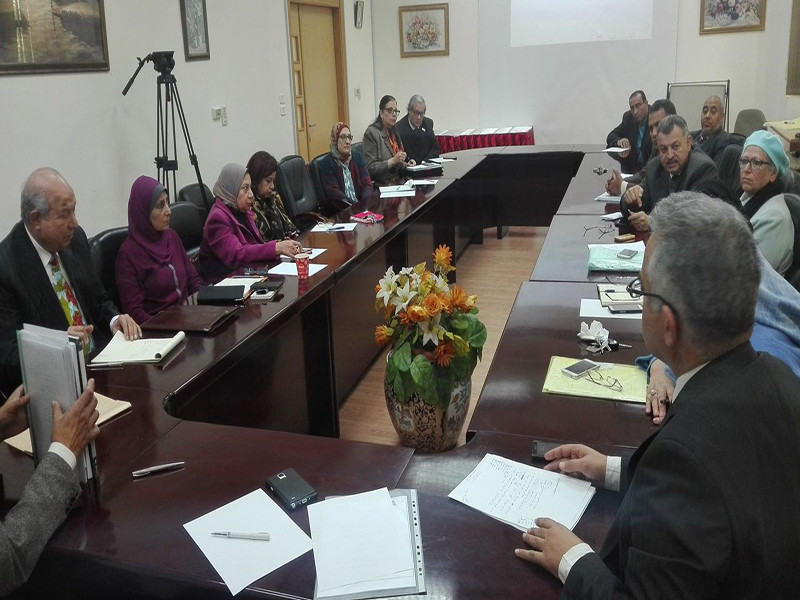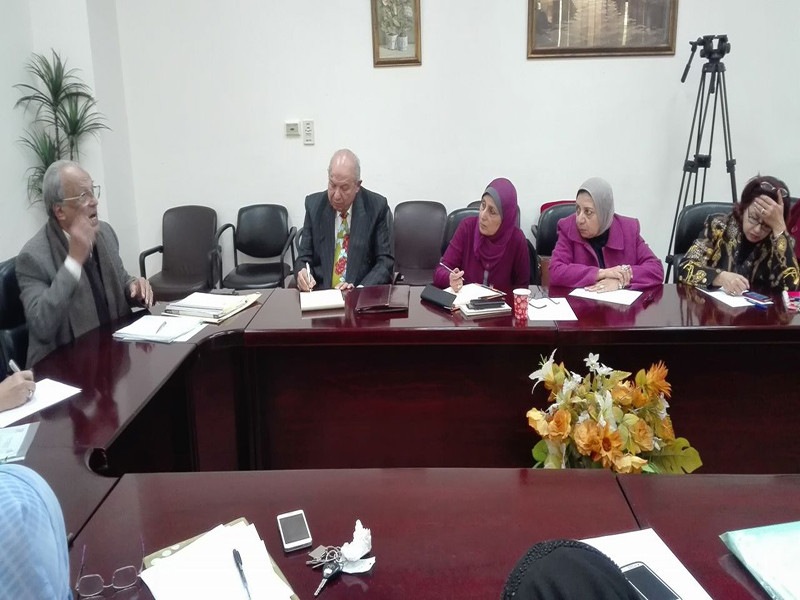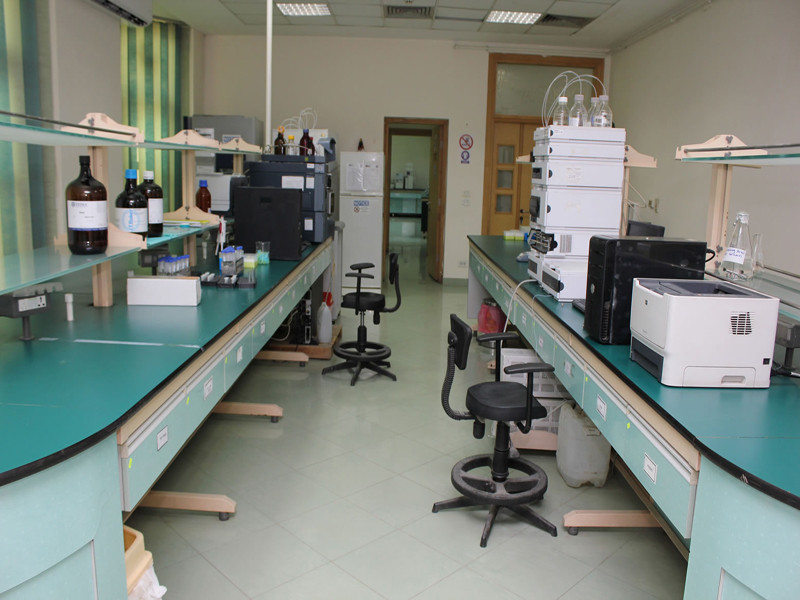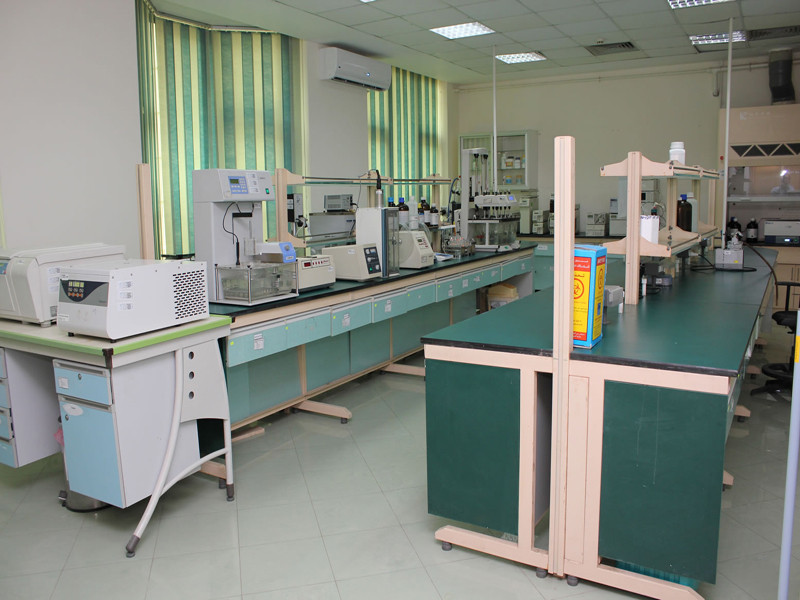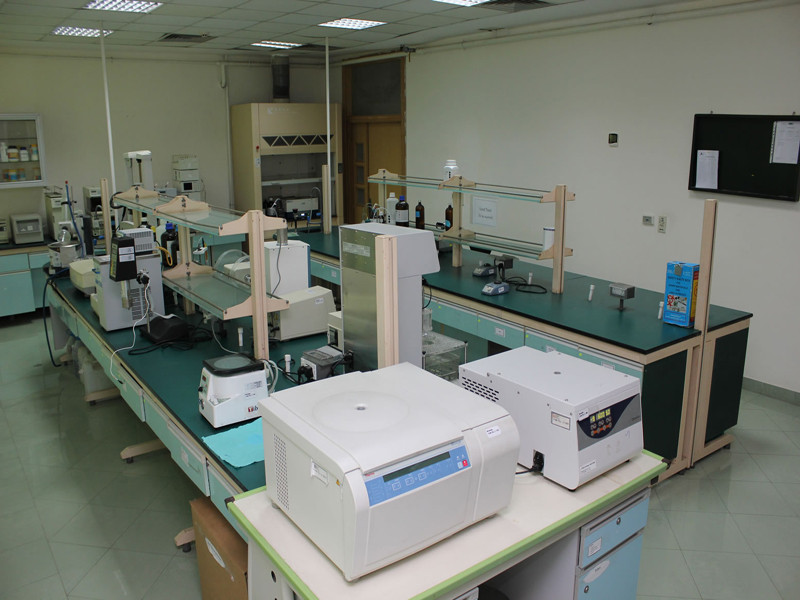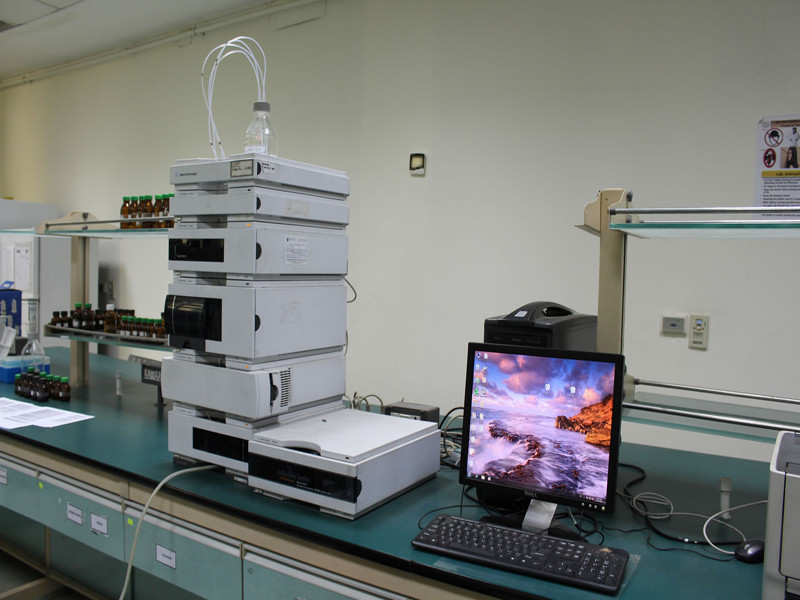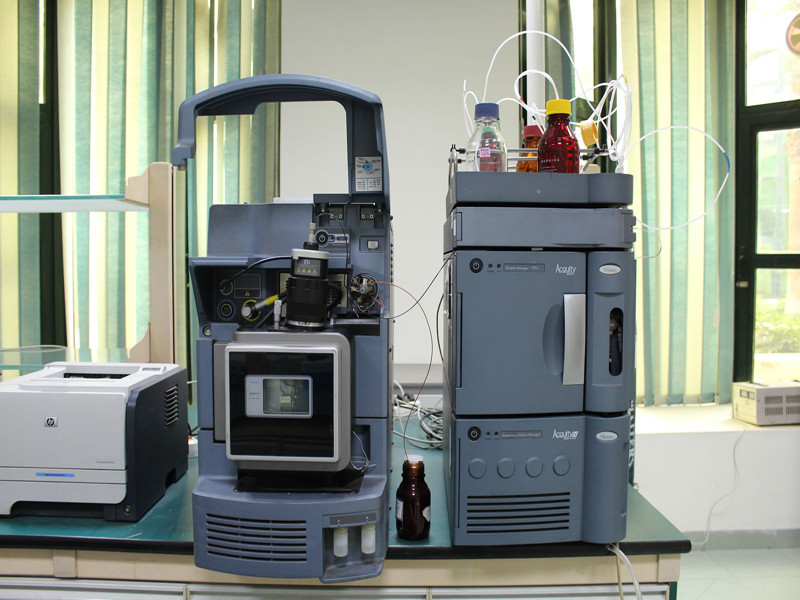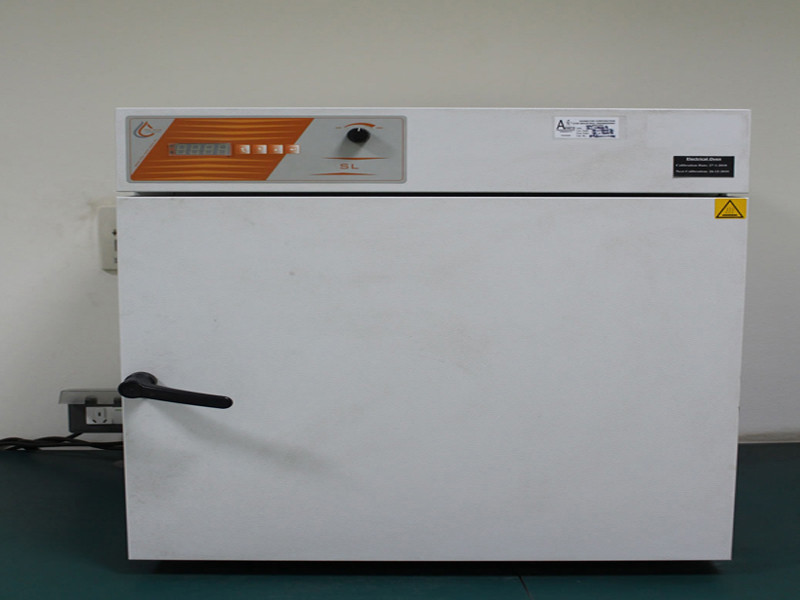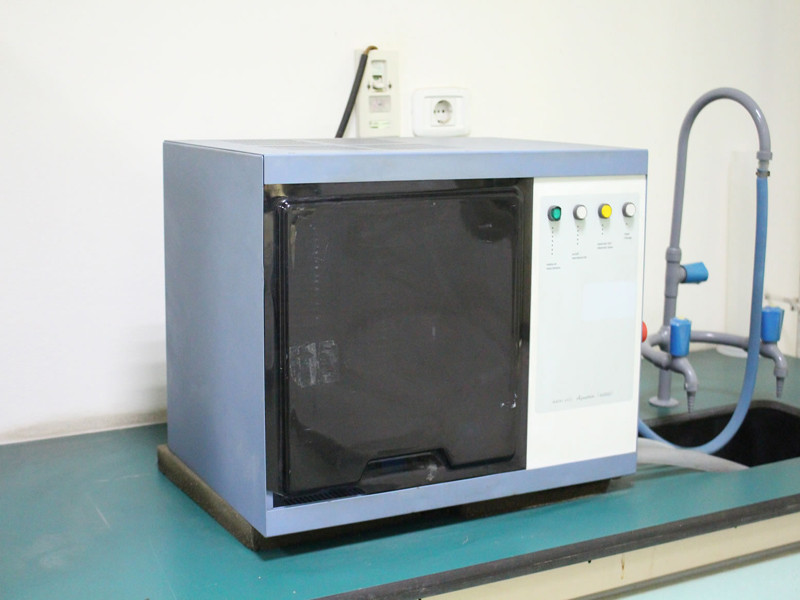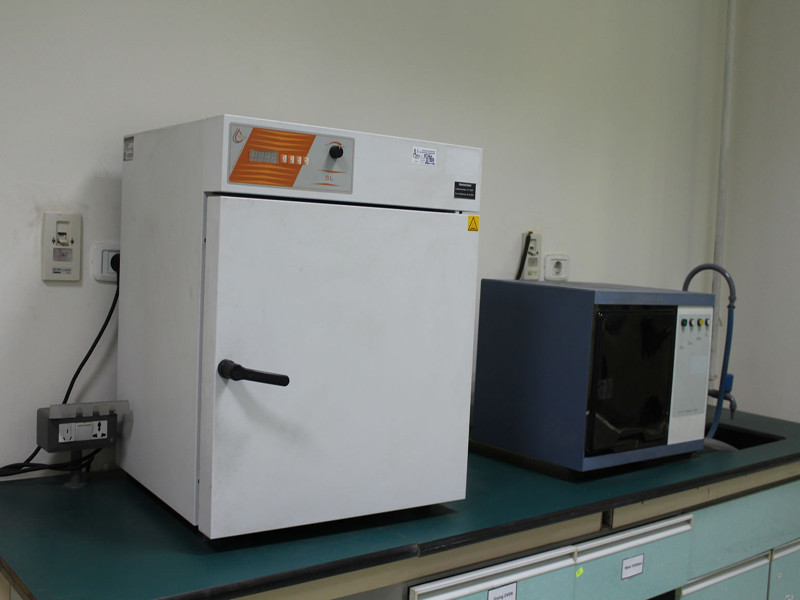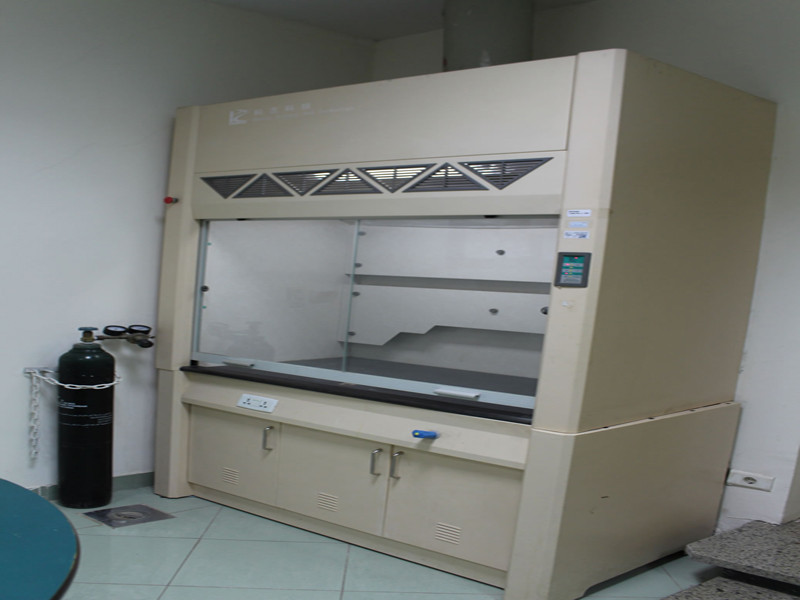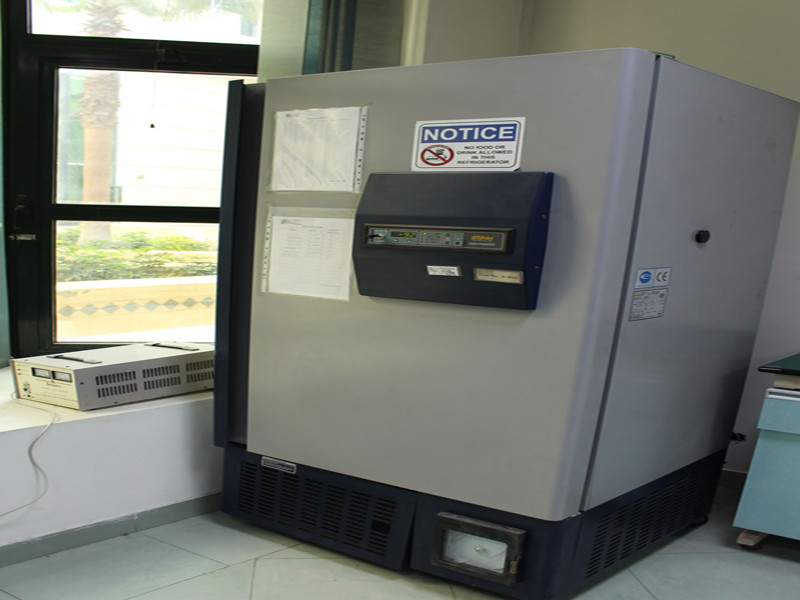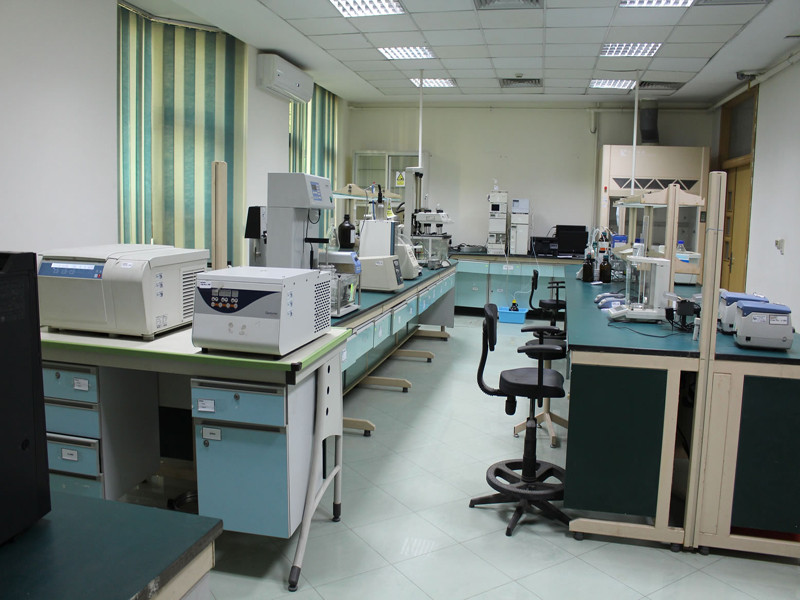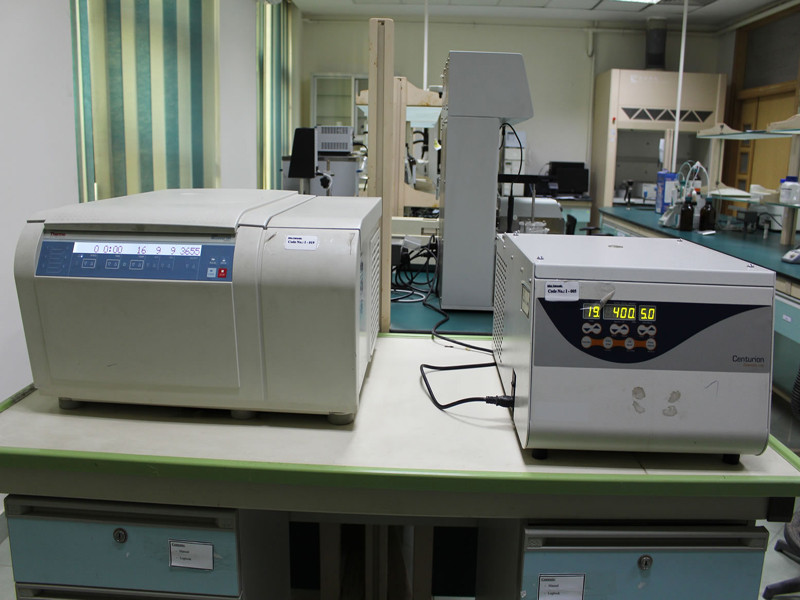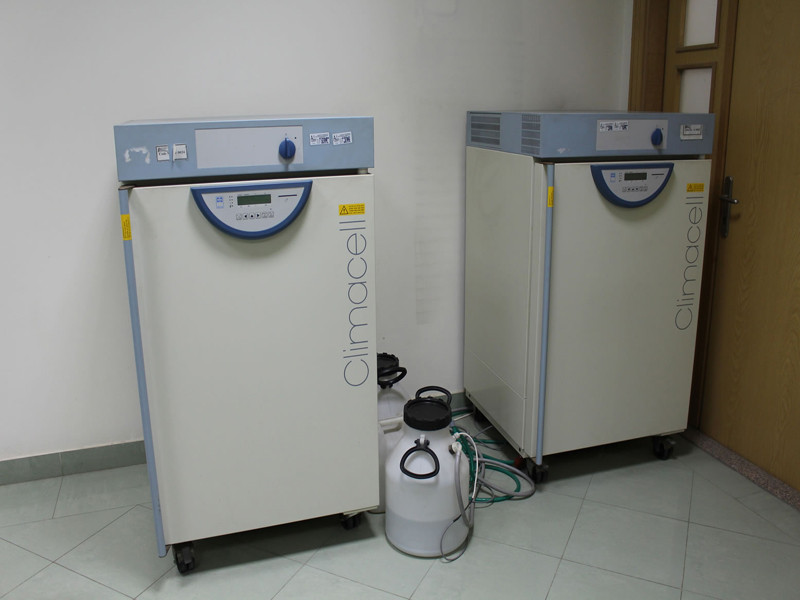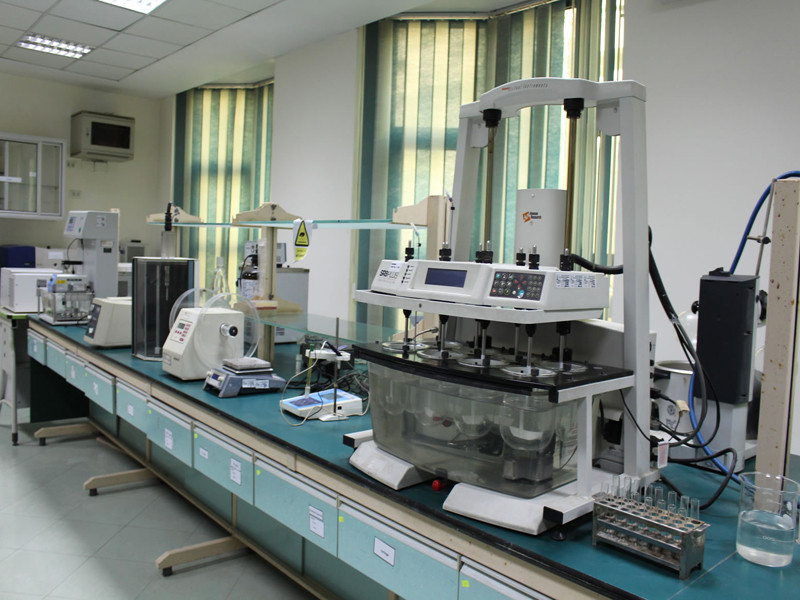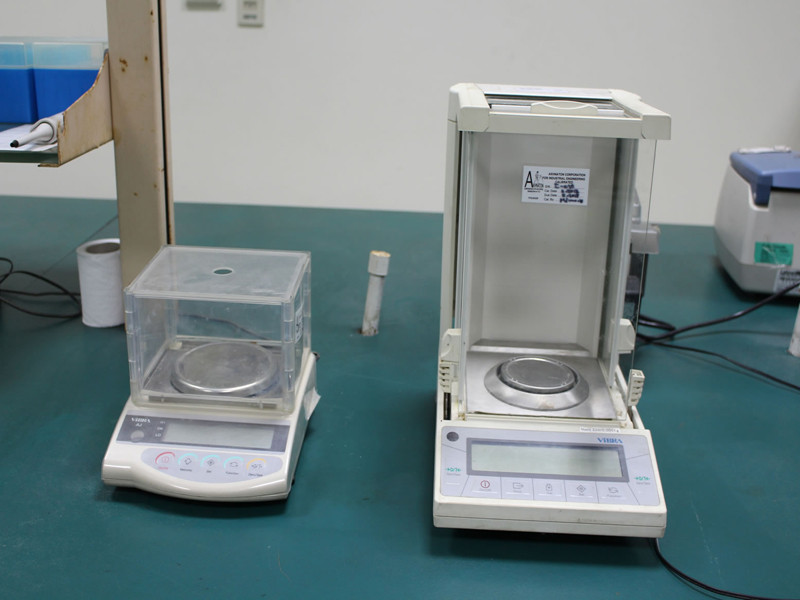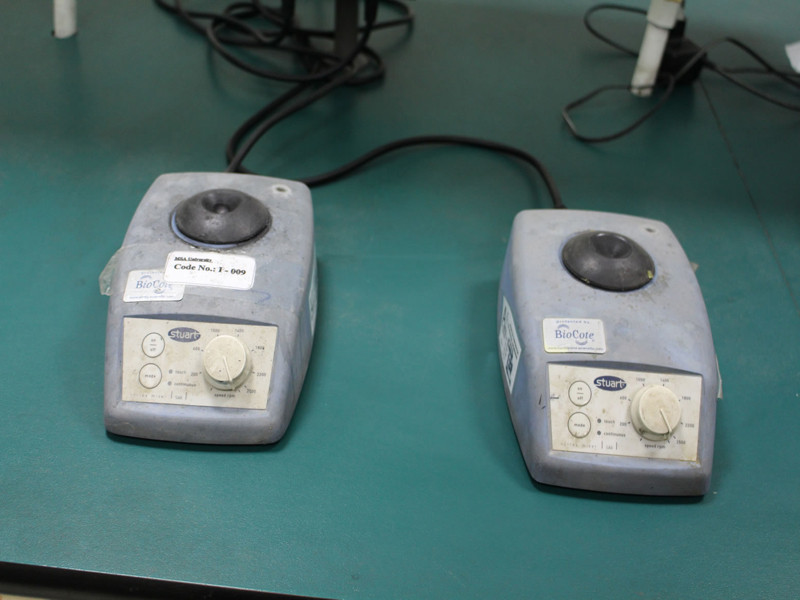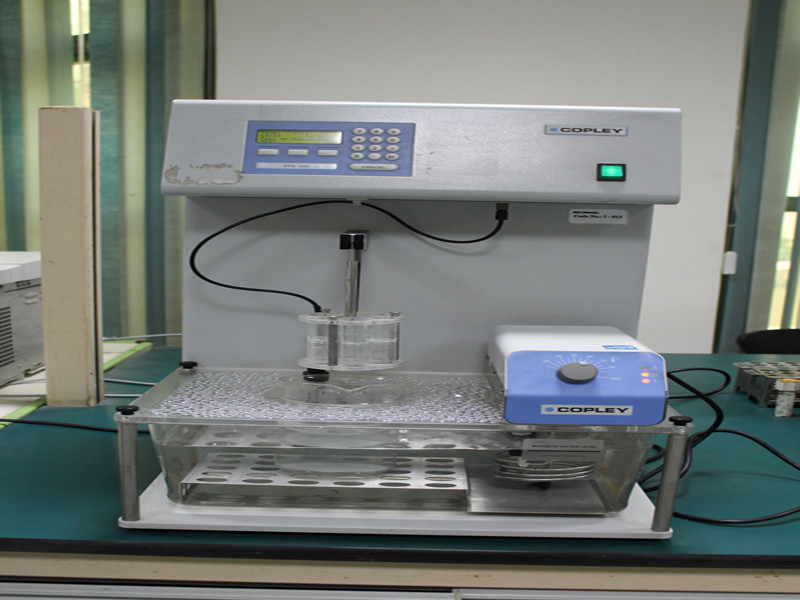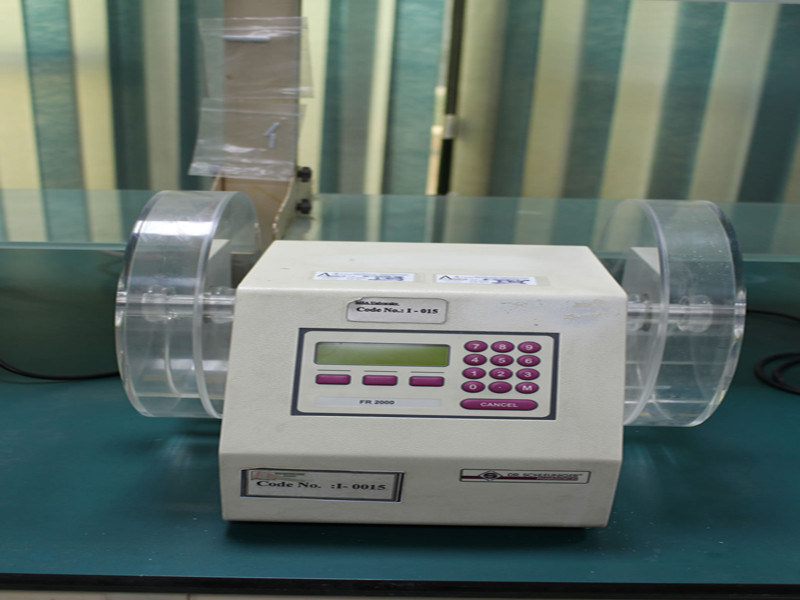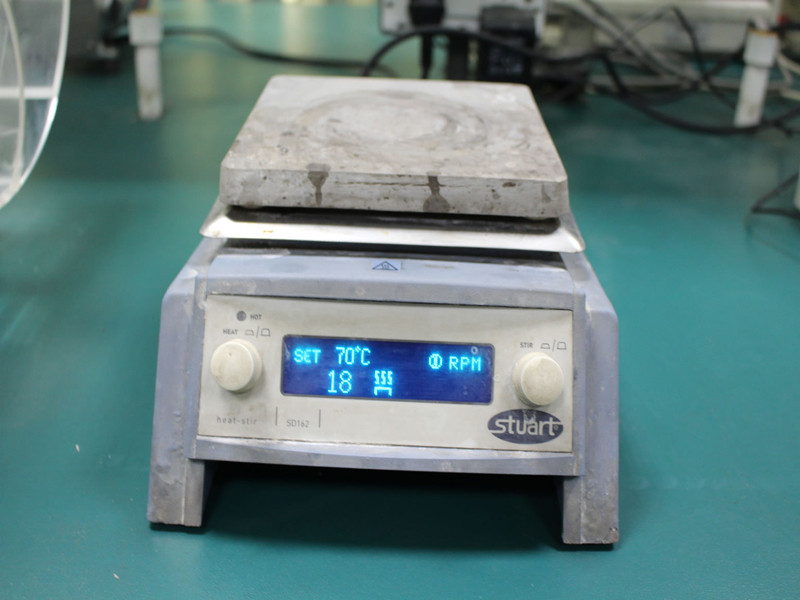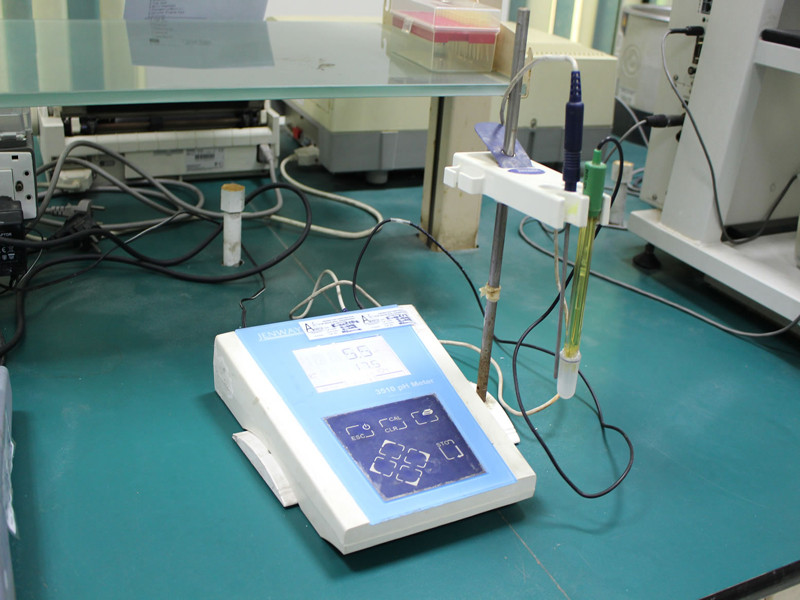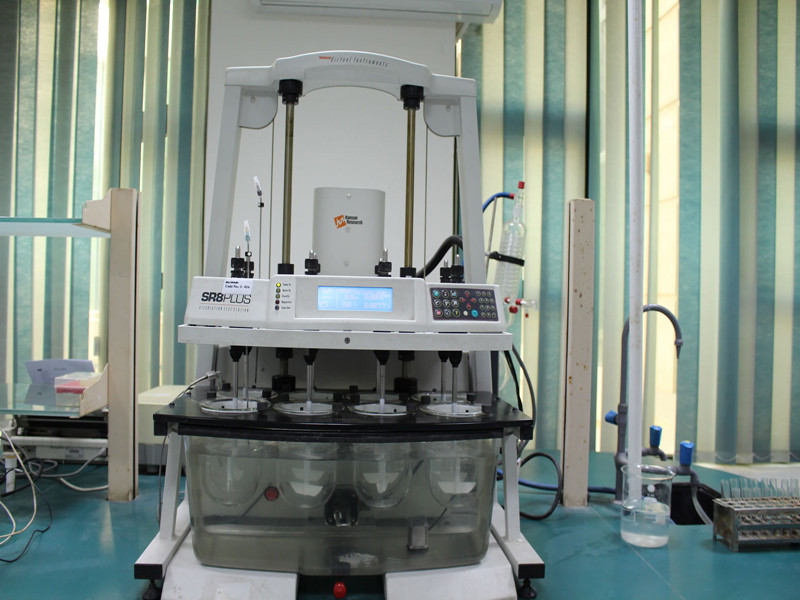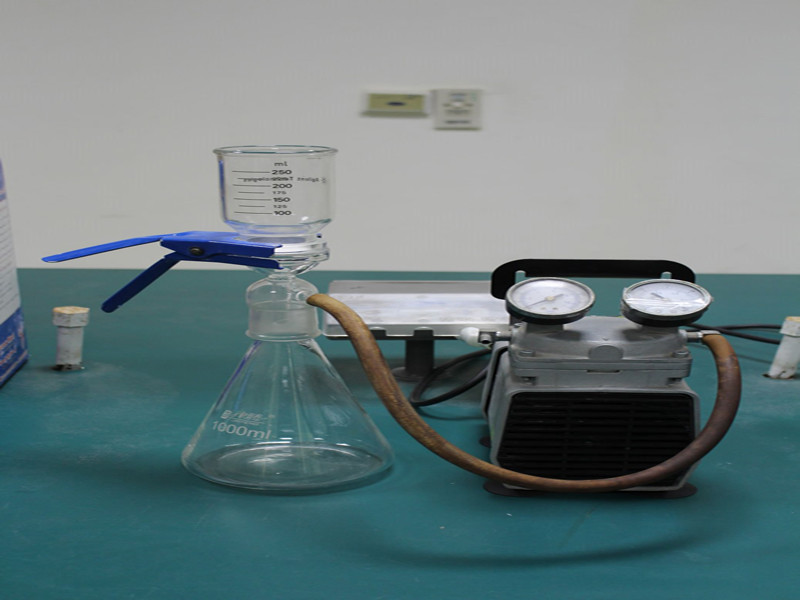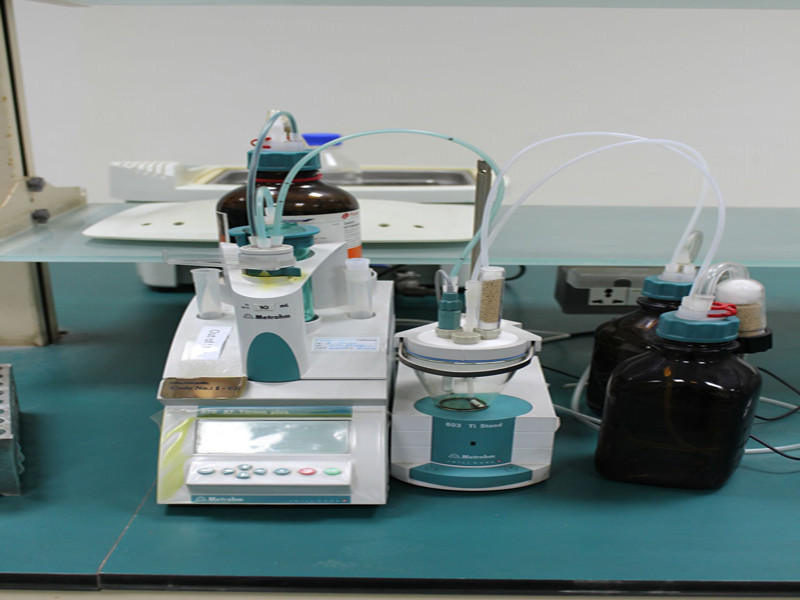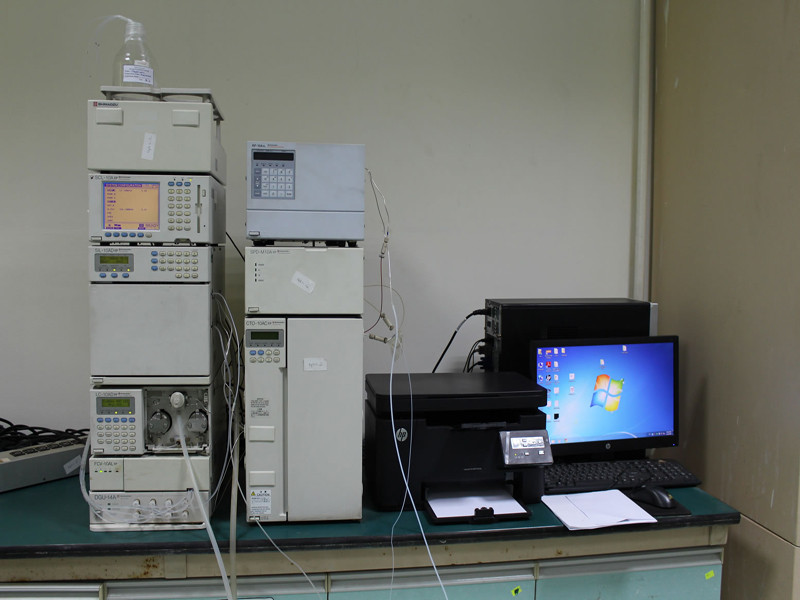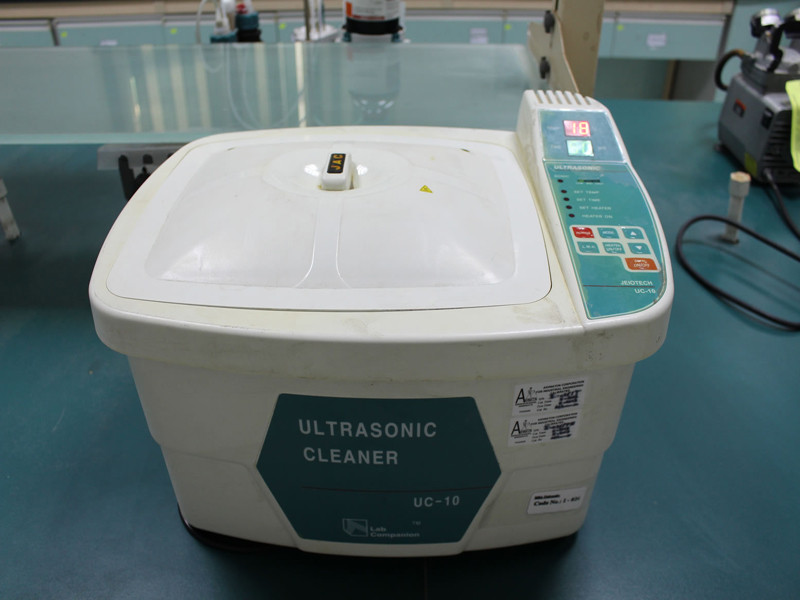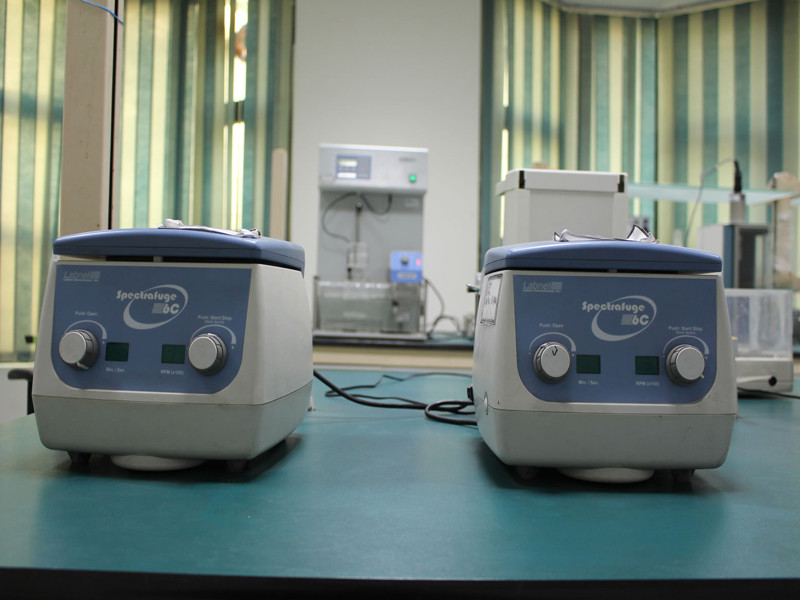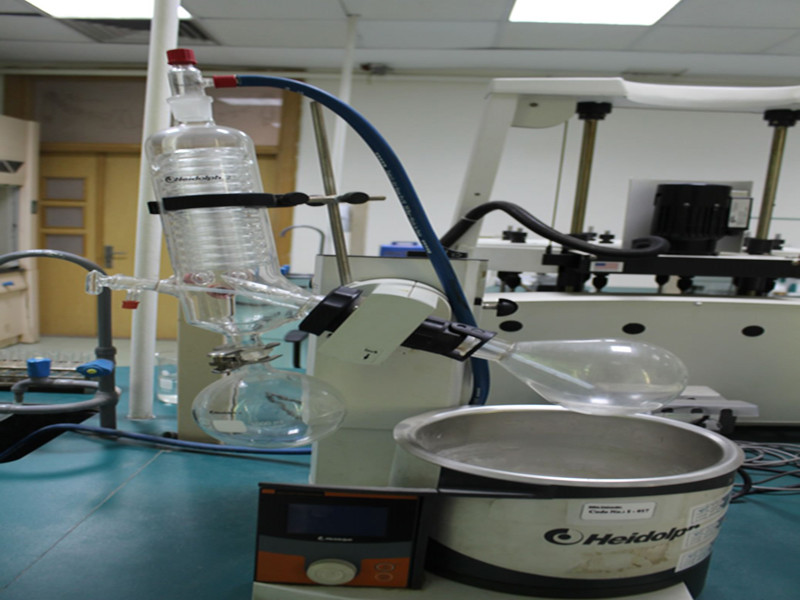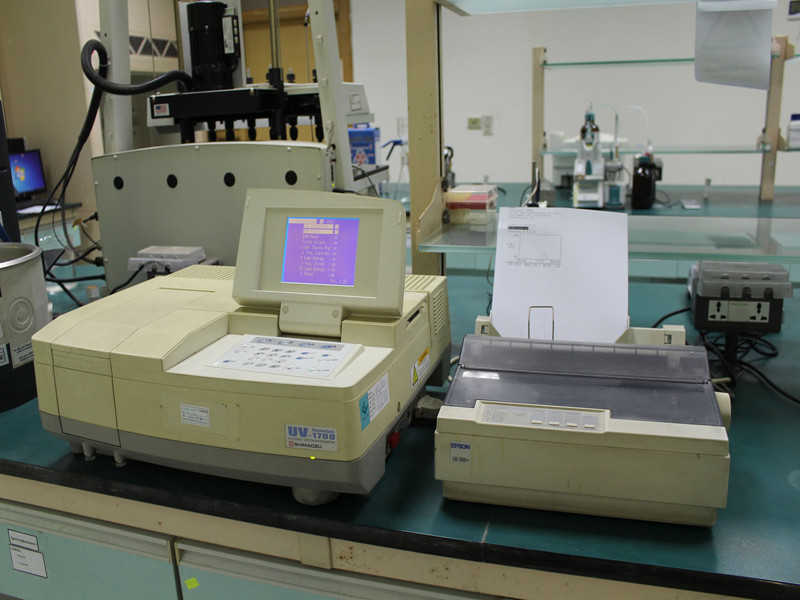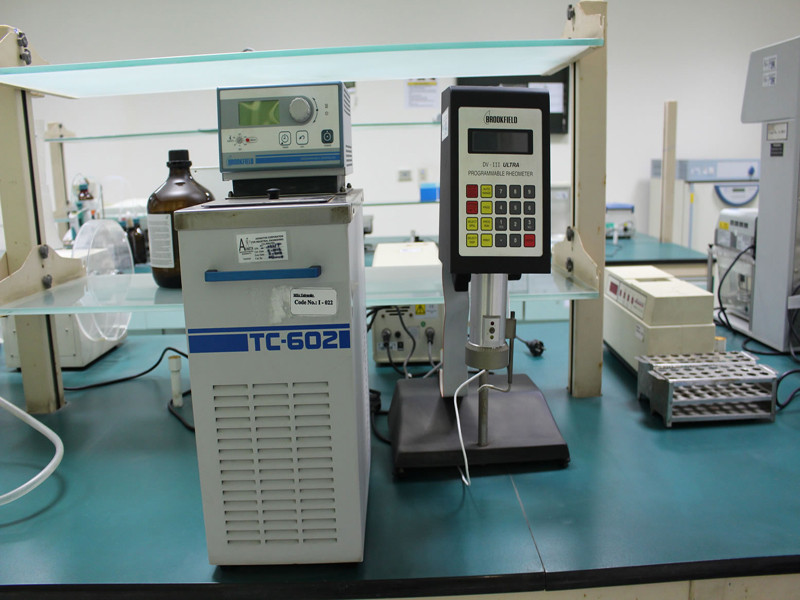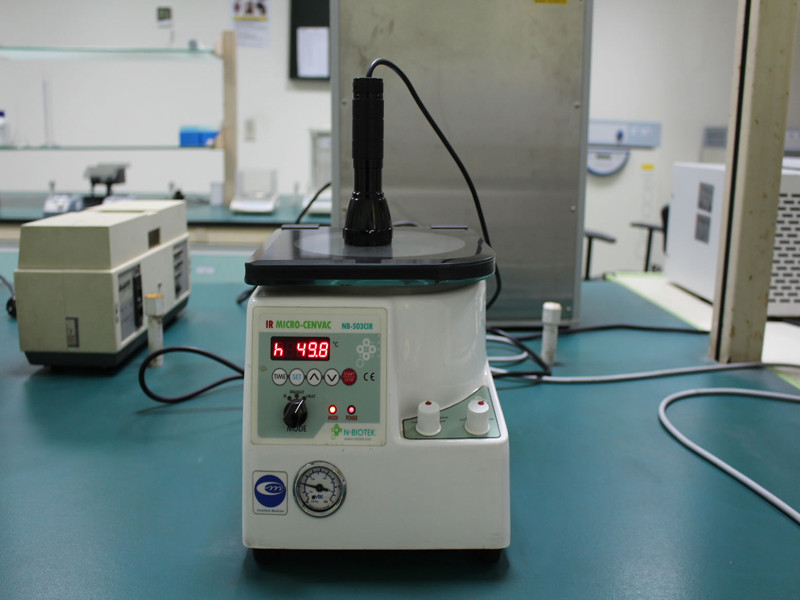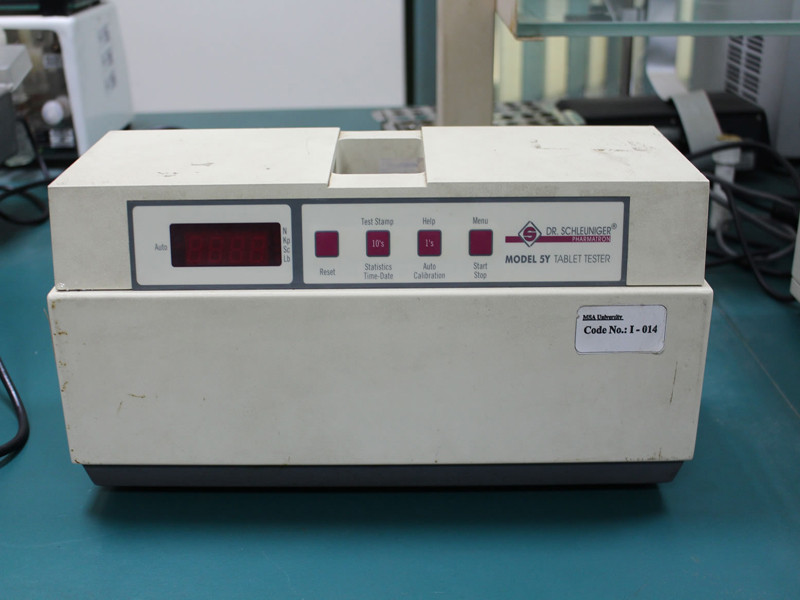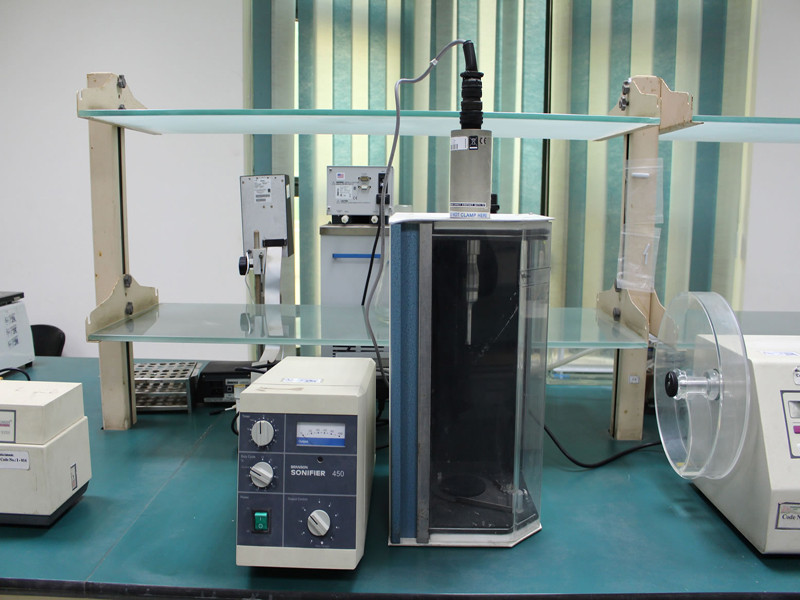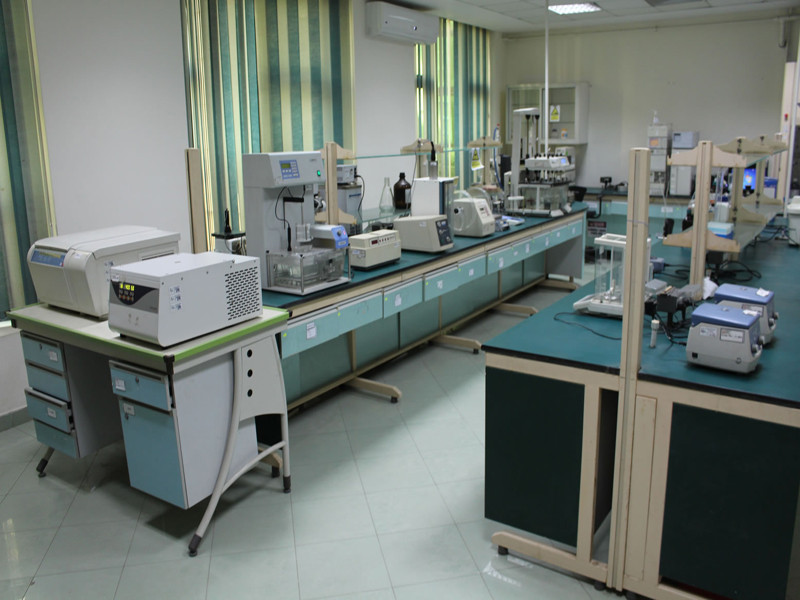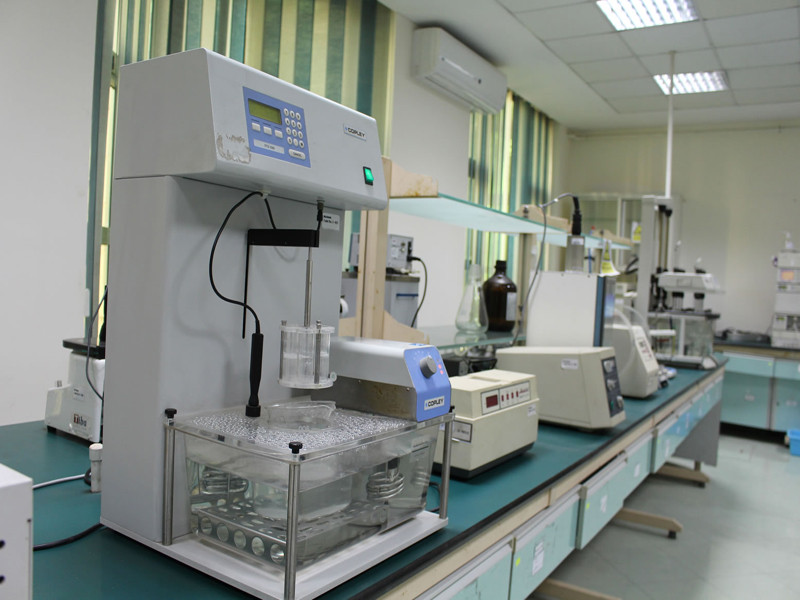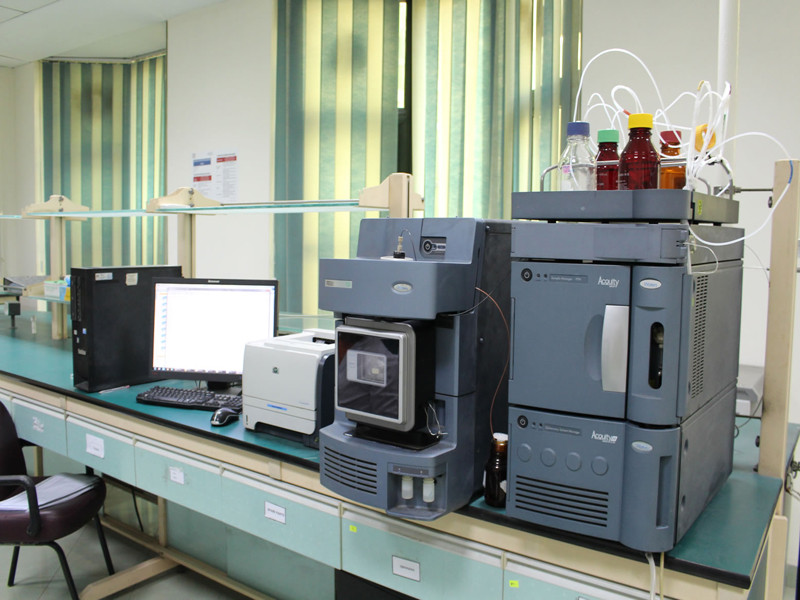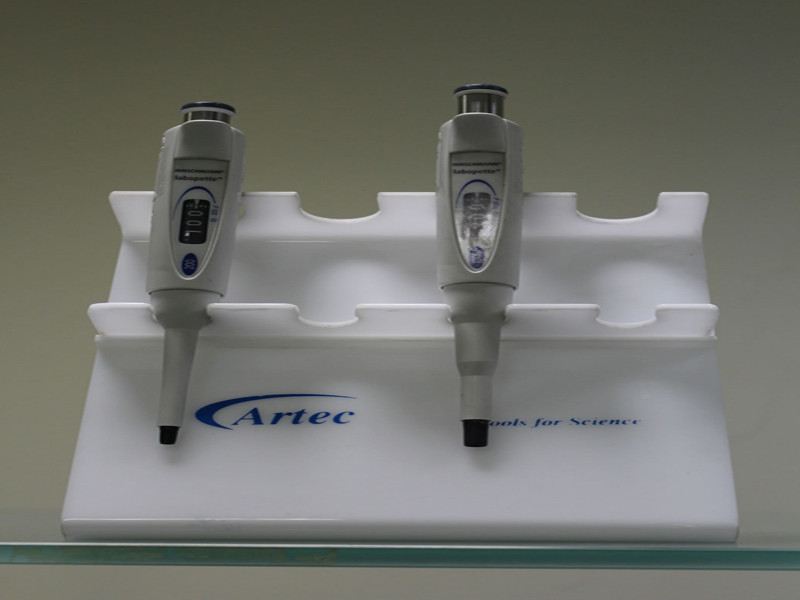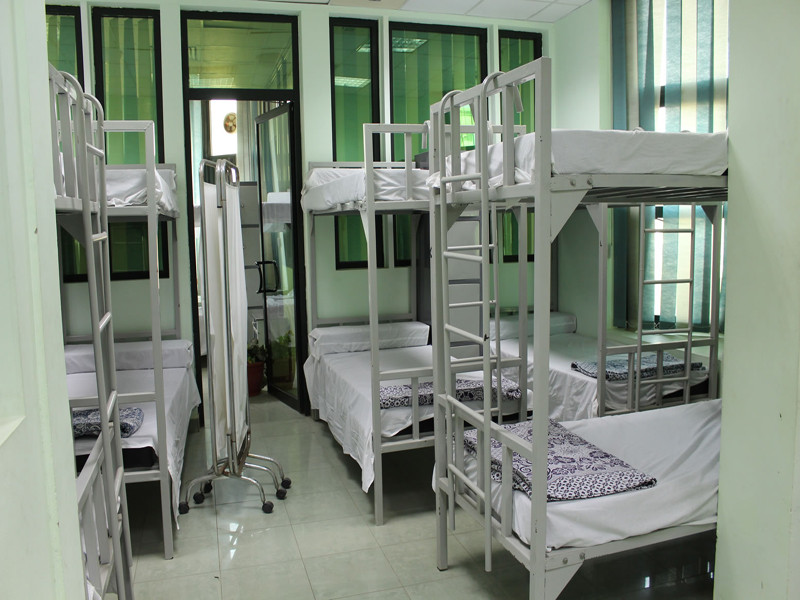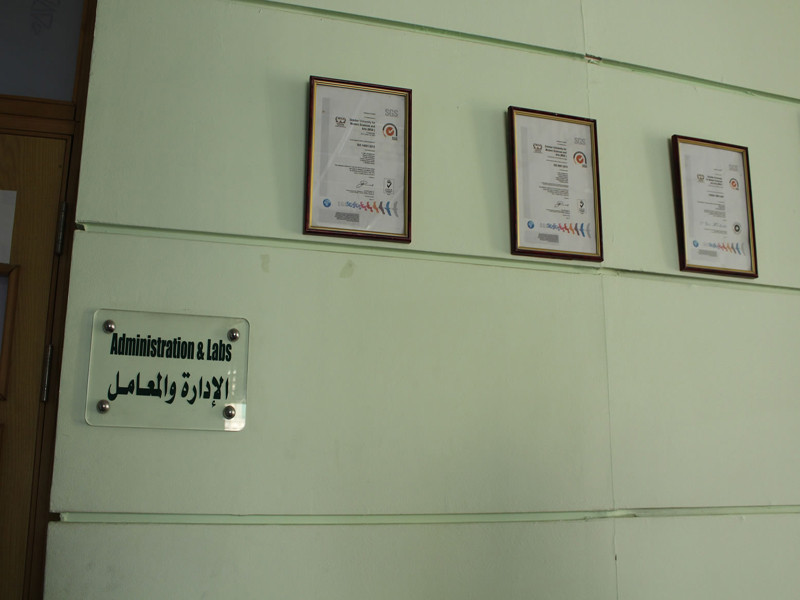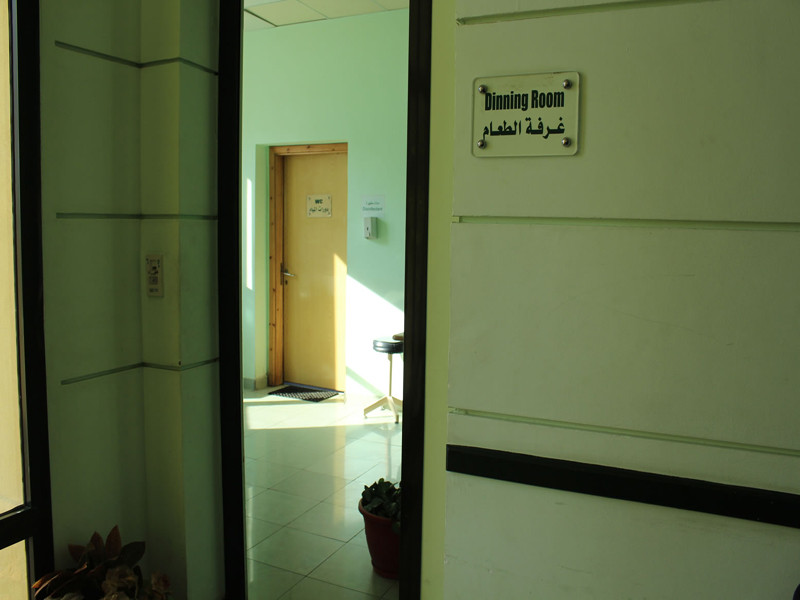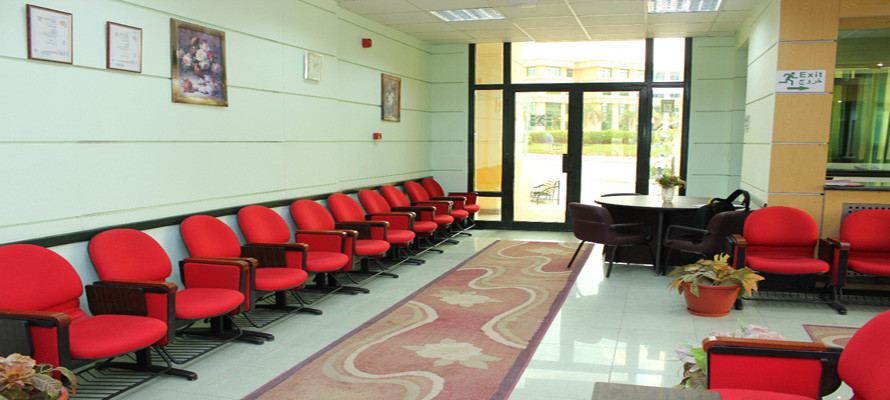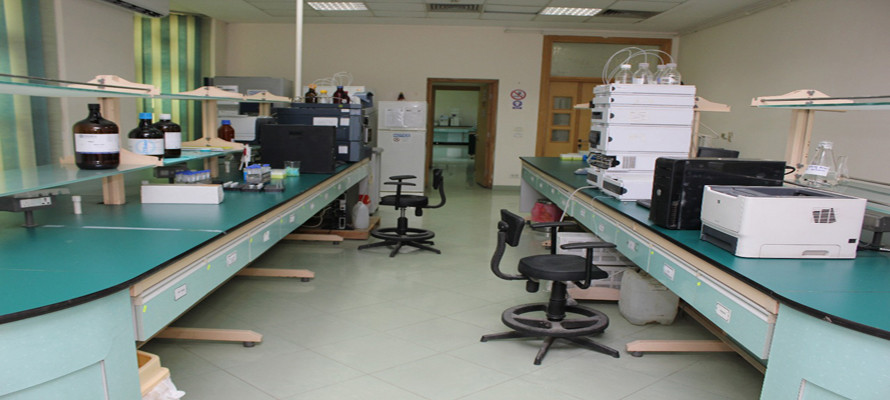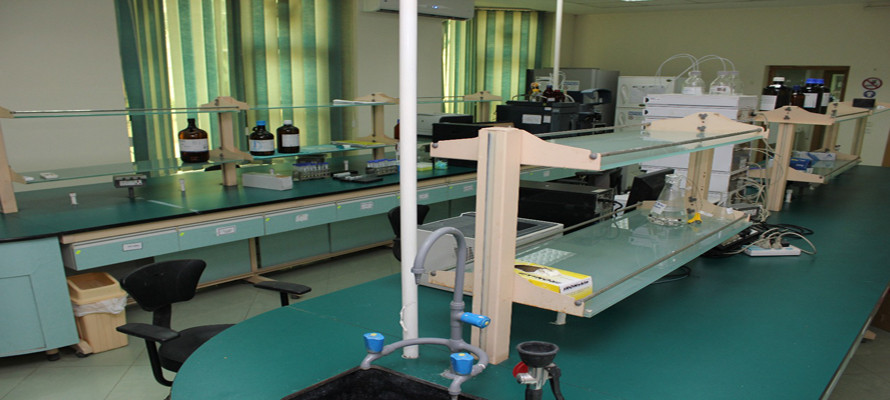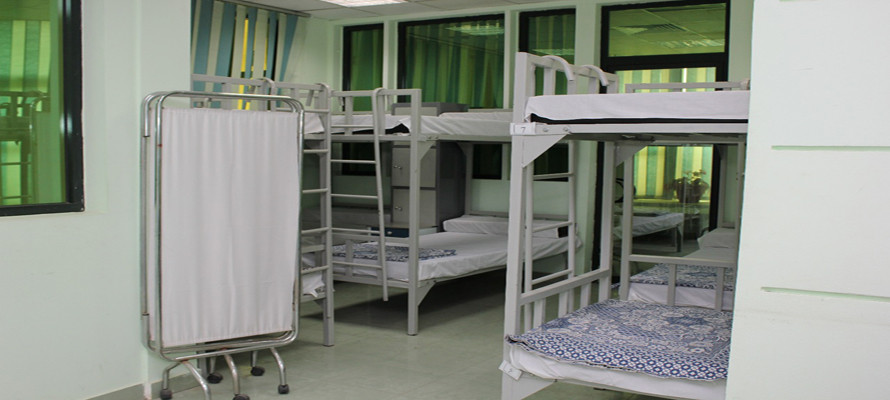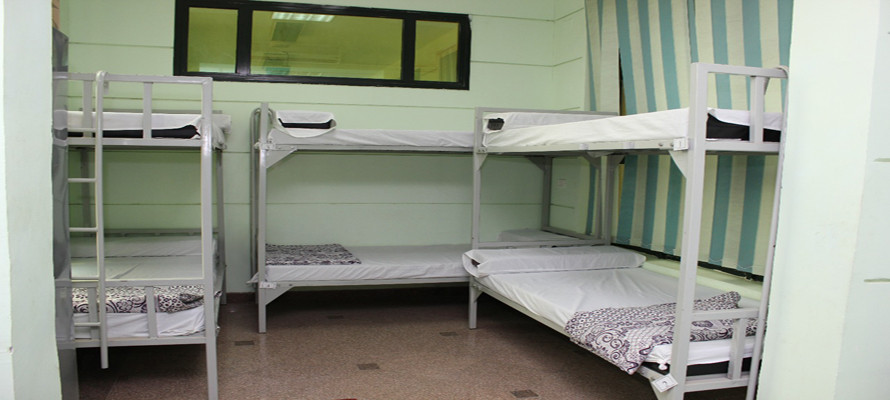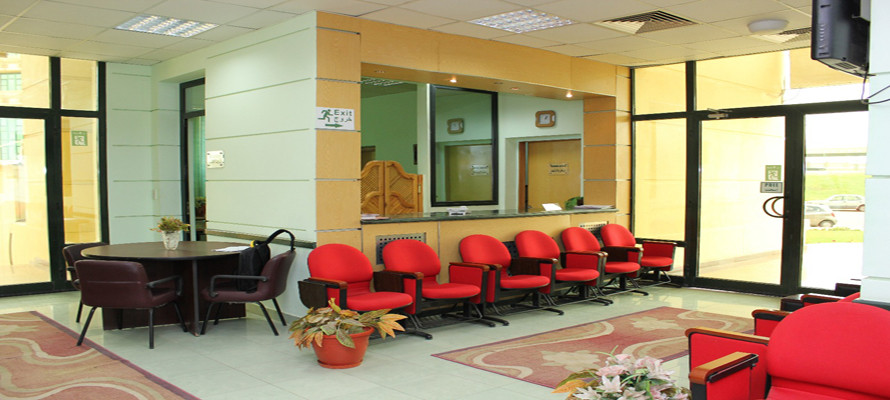NAQAAE Guide for Faculties - V2
NAQAAE Guide for Universities - V2
Norms Planning Guideline
Sharing Experience Sessions
Sharing Experience Session (11-1-2017)
Sharing Experience Session (24-1-2017)
About Quality Assurance & Accreditation Centre

Launching of MSA QAAC:
The idea of establishing a Quality Assurance Centre in MSA first started at the outset of the year 2010, in order to fulfill national quality systems requirements and to help the University to maintain its precedence in the application of international quality systems, which started with MSA signing validation agreements with two British Universities, namely Middlesex University & Greenwich University, in order to apply British quality systems based on the Quality Assurance Agency for Higher Education standards (QAA). The establishment of MSA Quality Assurance & Accreditation Centre was endorsed through the University Council meeting dated 10/1/2011. The QAAC is considered an administrative unit that directly reports to the University President, and is responsible for the establishment of QA systems and performance/achievement evaluation in all University academic, research and community service constituencies. Quality Assurance units were also established in all Faculties of the University. These units administratively report to Deans of their respective Faculties. The QAAC follows up their work and provides them with technical support.
Vision:
The MSA QAAC aspires to be one of the reputable national and international Quality Centres, through adopting and applying national and international quality standards, which would earn the University a leading position and a competitive asset.
Mission:
The MSA QAAC adopts and applies quality standards to qualify the University and its Faculties for national accreditation and international validation, and to win the society’s trust in the University graduates.
Aims of the QAAC:
1- Adopting and spreading awareness of and following up the application of regional and international quality standards.
2- Disseminating quality education culture and awareness among all stakeholders (leaders – academic staff members – students – administrative staff – community & beneficiaries).
3- Training in the field of performance/achievement evaluation and quality assurance and accreditation.
4- Forming follow-up and self-assessment committees.
5- Supporting, following-up and evaluating quality assurance units in Faculties.
6- Exchanging experience (cooperation) with counterpart national, regional and international quality assurance centres.
7- Contributing to the establishment of a comprehensive data system.
QAAC Policy:
1- The QAAC in MSA is responsible for the spread of quality culture, provision of technical support and training to all University Faculties, Institutes and Administrative Units, in order to develop their quality management systems to meet the standard specifications requirements of quality management systems, and the National Authority for Quality Assurance and Accreditation of Education (NAQAAE). 2- The MSA QAAC is responsible for encouraging all social spectrums of the University and the local community to actively participate in its activities.
Contact us: This email address is being protected from spambots. You need JavaScript enabled to view it.
Room: N203
English Language Program
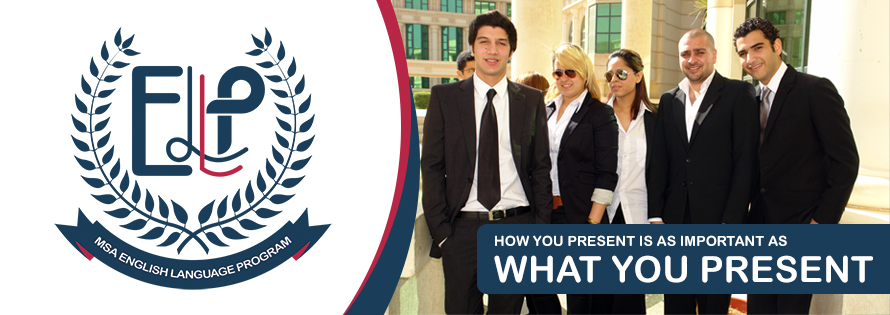
Overview:
MSA University is glad to host an English Language Program (ELP) in order to contribute to the ever-growing community service activities on campus. The main objective of the program is to help eligible applicants of MSA University to develop their English language skills through the practice of: reading, writing, listening and speaking skills.
Vision:
The vision of the English Language Program (ELP) is an integral part of the vision of MSA university that seeks to improve English Language skills of applicants to help them have a better academic performance.
Mission:
The mission of The English Language Program (ELP) is to create opportunities for its applicants in order to achieve advancement and overall progress.
Benefits:
MSA provides applicants with a chance to join an intense English Language Program (ELP) during the summer. The course improves fundamental English Language skills: Speaking, Writing, Grammar, Listening and Reading. The English Language Program (ELP) helps learners write better sentences, paragraphs and essays. It also helps improve receptive and productive skills on a university level. The course can be of great help for applicants who attempt to take the English Language Admission Test (ELAT) of MSA University.
Central Laboratory for Research Insights
Quality Assurance System
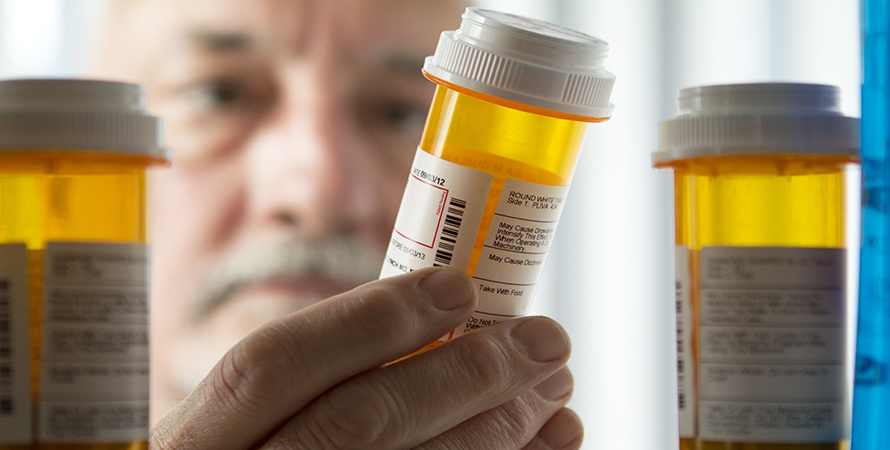
Quality Assurance System:
Quality Assurance Unit ensures that studies are performed in accordance with Good Laboratory Practice (GLP)-Good Clinical Practices (GCP) regulations and through in house procedures. Also, it is responsible for document controlling of study protocols, analysis plans, SOPs & policies; and ensuring the updated versions of these controlled documents are effective and in place or accessible to relevant staff.
QA unit is responsible for regular auditng which include:
• Study source documentation, procedures, and reports; and provides regulatory advice and support to the operational staff.
• Facility & system, to check adequacy & eligibility of resources and proper utilization of provisions.
Staff:
1. Center Manager: Dr.Muhamad Gamal Eldean Hassan.
2. Technical Manager:Dr.May Amin.
3. Quality Assurance Manager: Dr. Aya Badr.
4. Chief Analyst.
5. Analysts.
6. Physician.
7. Nurse.
List of Services
1. Bioanalytical Part:
Facilities:
a. LC-MC/MS systems. {(UP) LC-MS – Waters}
b. HPLC Systems:
- Agilent
- Shimadzu
i. UV detector.
ii. Flourscence detector.
c. Microbalance.
d. All study samples are stored in controlled freezers (-20°C and -70°C).
e. UPS (Uninterrupted Power Supply) and generator back-up.
- Services
i. Method Development.
ii. Method Validation.
iii. Bio-Waiver / Bioequivalence.
2. Data Management Part:
• Non-compartmental pharmacokinetic analysis using validated KineticaTM software.
• Assessments of Bioequivalence.
• Tabulation, graphical display, analysis and interpretation of study data.
• Study design and development of Protocol and Informed Consent Form (ICF).
• Designing of Case Report Form (CRF) as per protocol requirements.
• Preparation of Bioequivalence Report, Clinical Report, Analytical Report and Statistical Report.
• Sample Size Estimation and Randomization.
3. Clinical Part:
• Screening area for physical examination.
• Sample collection rooms.
• Complete examination of volunteers with close monitoring during two study phase for the expected AE/SE.
• Notify the drop-out volunteers with a copy from his analysis report, and follow them up.
• The BE Center contracted with El-Safwa Hospital for emergency cases.
• First Aid cupboard.
• Dining room.
• Storage freezers ( -70 and -20º C).
• Archives for secure document storage.
4. Quality Assurance System:
Quality Assurance Unit ensures that studies are performed in accordance with Good Laboratory Practice (GLP)-Good Clinical Practices (GCP) regulations and through in house procedures.
Also, it is responsible for document controlling of study protocols, analysis plans, SOPs & policies; and ensuring the updated versions of these controlled documents are effective and in place or accessible to relevant staff.
QA unit is responsible for regular auditng which include:
• Study source documentation, procedures, and reports; and provides regulatory advice and support to the operational staff.
• Facility & system, to check adequacy & eligibility of resources and proper utilization of provisions.

